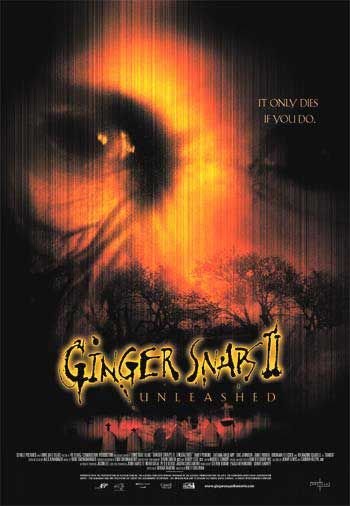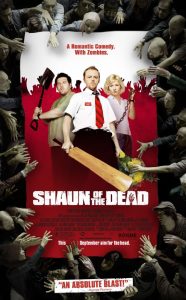 Back some time ago, one of my first ex- girlfriends returned to Dallas after a few years’ stint in the Air Force and being married and then divorced. Because of how badly her current life sucked, she was looking to reconnect with elements of her previous life, and I was one of the addressees on that particular email. Then, because of how lazy I am with email, about a year went by. But I found myself unexpectedly in Dallas yesterday, so we got together for a movie and a catching up.
Back some time ago, one of my first ex- girlfriends returned to Dallas after a few years’ stint in the Air Force and being married and then divorced. Because of how badly her current life sucked, she was looking to reconnect with elements of her previous life, and I was one of the addressees on that particular email. Then, because of how lazy I am with email, about a year went by. But I found myself unexpectedly in Dallas yesterday, so we got together for a movie and a catching up.
The thing about her is, she really wanted to get married, back in the day. I say this not out of a sense of disgruntlement or even armchair psychology, but by simple math. She was married, at age 18 and mere moments after high school graduation, about 10 months after she broke up with me (who wanted to get through college first). I know all of this seems dreadfully pointless, but I like to set a good background.
Anyway, after making me promise to give her veto power if I picked a chick flick, we settled on Shaun of the Dead. This is the story of me. Well, okay, it’s not, and I’m very bitter about it, because it should be the story of me. It is pretty much dead on with how I imagine that my life is going, and how it ought to go.
Shaun is 29, has a go nowhere job, and spends the rest of his life commuting back and forth with other dead-eyed Brits, playing video games with his roommates, and taking his girlfriend to the same pub every night. As girls in movies are wont to do, she gets fed up and asks for a change, which he flubs as hopeless 20-something slackers in movies are wont to do, and then she dumps him. This is well-trodden cinema fare.
But then, the lucky bastard wakes up the next morning to find that zombies have taken over the landscape, and it’s up to him to fight them off and gather his loved ones together for safety until everything is back to normal. Herein lies my existential angst. I now have cinematic proof of what I’ve always believed, that every problem in my life would be solved by a handy mass dying off of the population due to zombification and subsequent assault on the living.
So, right, the review. It was really funny. A bit gory. A couple of jump in your seat scares. Plus the whole theme they had going where it was impossible to tell that anything happened at first because the dead-eyed zombies were an exact match for the dead-eyed Brits. Good stuff. Most people don’t get ‘zombies as social commentary’ right, but this one does the job. Better movie than the Resident Evils, even without any shoulder-mounted rocket launchers.
Although the movie was great, it’s not really the best part of the story. No, that came early in the zombie onslaught, when Shaun picks up the phone to call his girlfiend and gets a busy signal. “She’s engaged,” he reports to his roommate, who replies “That seems a bit fast, doesn’t it?” Even as Shaun glared at him for making a joke at a time like that, I was awash in schadenfreude sitting there next to Kim, sharing a popcorn. I don’t think she noticed, though.
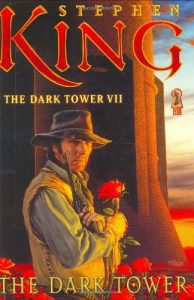 I’m having a tough time with this one. Obviously in part because it’s the last book of a series. Also because it’s (apparently) Stephen King’s last book in general, and I have a lot of respect for the guy.
I’m having a tough time with this one. Obviously in part because it’s the last book of a series. Also because it’s (apparently) Stephen King’s last book in general, and I have a lot of respect for the guy.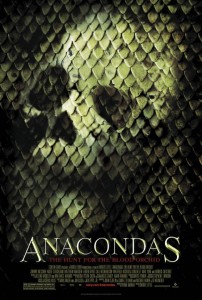
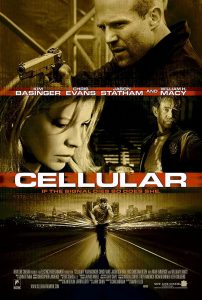 I had a free afternoon and remembered I’d missed a couple of movies lately, so I took in a double feature this afternoon. (And for a change, I bought both tickets. Go, me.) One thing I don’t understand about movie-goers: what does it take to get them to laugh? I know you’ll hear laughter in a crowded theater when something funny happens, but once you’re down to twenty people or less, whether the movie is a comedy or a drama with tension-breaking dialogue, I find that typically only me and my rare company are the people who actually laugh at stuff. It’s very bizarre. All
I had a free afternoon and remembered I’d missed a couple of movies lately, so I took in a double feature this afternoon. (And for a change, I bought both tickets. Go, me.) One thing I don’t understand about movie-goers: what does it take to get them to laugh? I know you’ll hear laughter in a crowded theater when something funny happens, but once you’re down to twenty people or less, whether the movie is a comedy or a drama with tension-breaking dialogue, I find that typically only me and my rare company are the people who actually laugh at stuff. It’s very bizarre. All 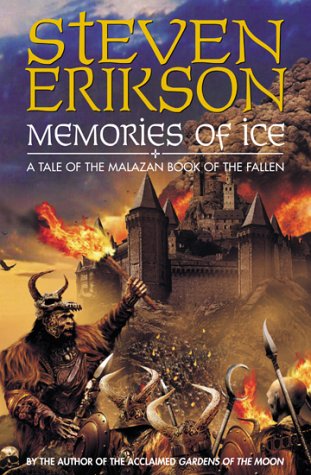
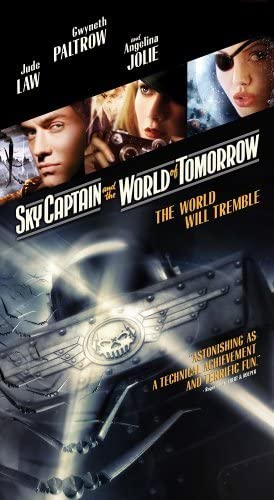 This is pretty much your average 1930s serial action movie, where the hero Joe Skycaptain and the plucky heroine, Polly Prissypants, join forces in order to stop the invading Germans^W Martians^W Killer Robots^W^W, well, the invading whatevers from generally making earth (by which we mean America, or maybe England) an unpleasant place, and globetrotting everywhere from New York City to Rivendell to do it.
This is pretty much your average 1930s serial action movie, where the hero Joe Skycaptain and the plucky heroine, Polly Prissypants, join forces in order to stop the invading Germans^W Martians^W Killer Robots^W^W, well, the invading whatevers from generally making earth (by which we mean America, or maybe England) an unpleasant place, and globetrotting everywhere from New York City to Rivendell to do it.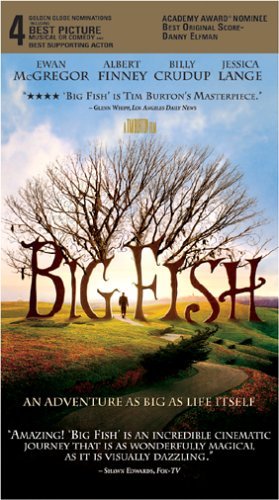 I expected to digest this and figure something out in the morning. Only, it all came together in the last ten minutes, and I’m instead compelled to get it out now, before it loses the immediacy. Appreciate that, because I could be listening to the last 15 minutes of Loveline instead, which was my original plan.
I expected to digest this and figure something out in the morning. Only, it all came together in the last ten minutes, and I’m instead compelled to get it out now, before it loses the immediacy. Appreciate that, because I could be listening to the last 15 minutes of Loveline instead, which was my original plan.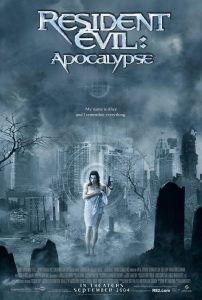 Mmmm. Zombies.
Mmmm. Zombies.